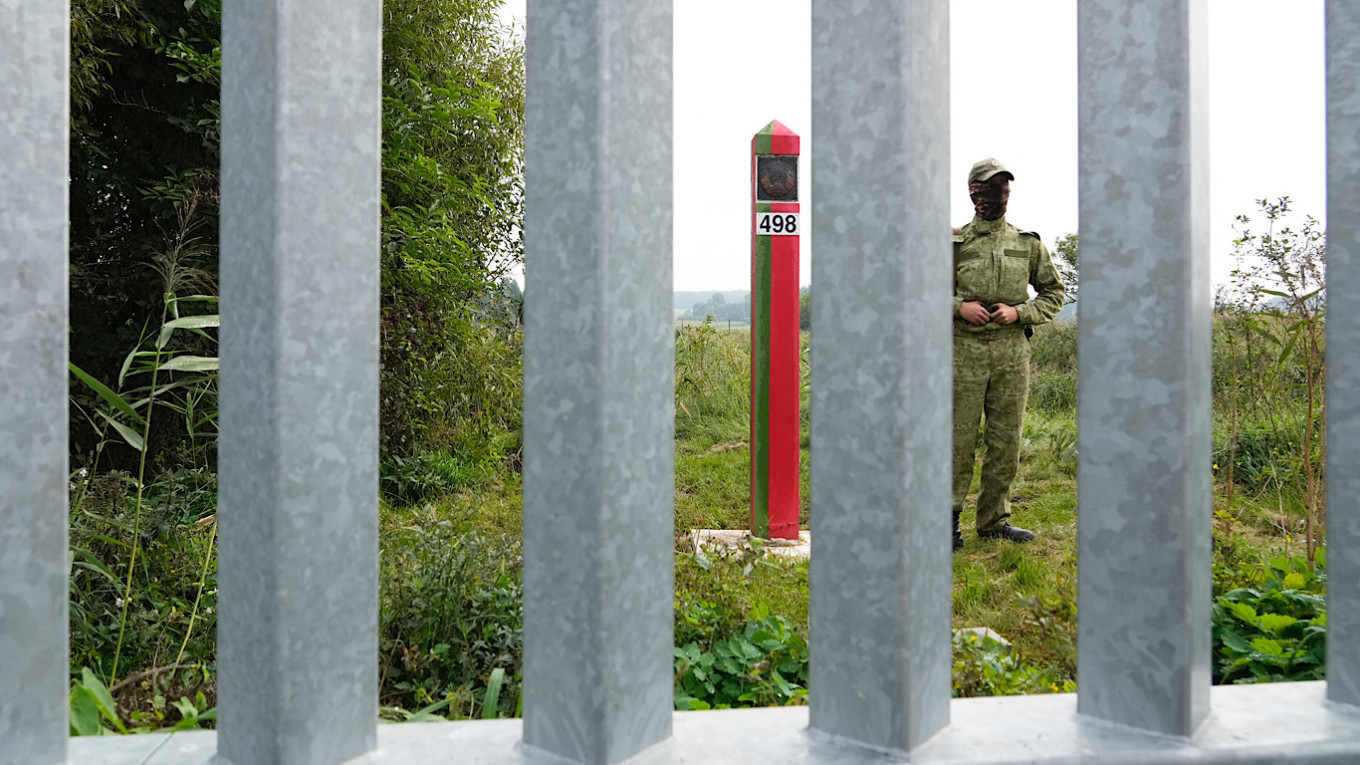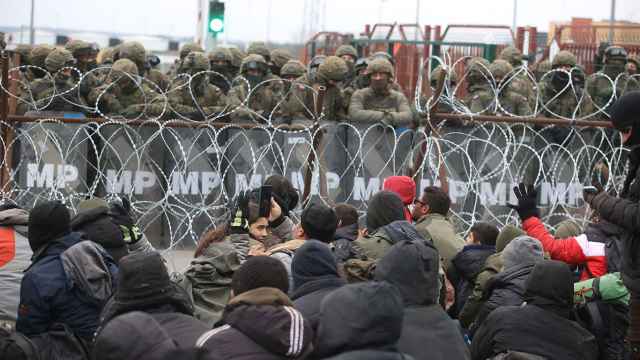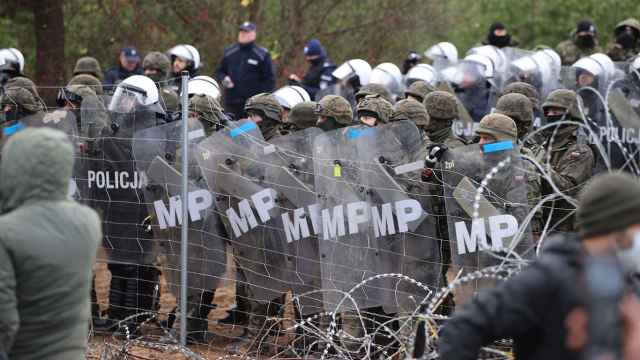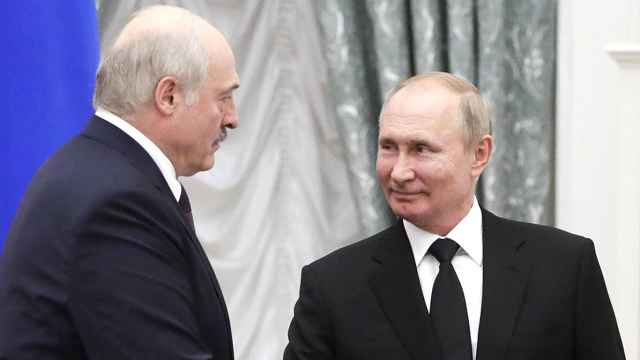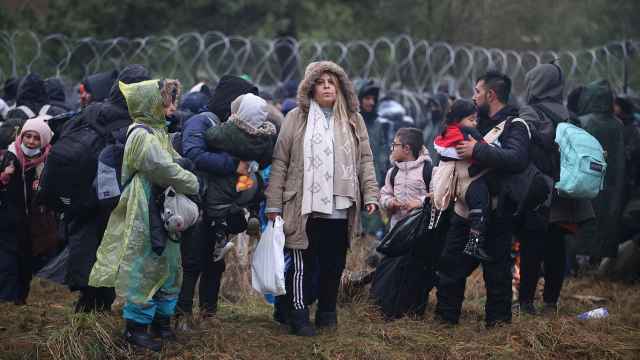Poland will close its eastern border with Belarus a day ahead of joint Russian-Belarusian military drills later this week, Polish Prime Minister Donald Tusk said Tuesday.
Russia and Belarus are set to hold a scaled-down version of their regular Zapad exercises from this Friday to next Monday, the first such drills since the full-scale invasion of Ukraine in 2022.
“For national security reasons, we will close the border with Belarus, including railway crossings, in connection with the Zapad maneuvers on Thursday at midnight,” Tusk told a government meeting, according to Reuters.
Poland closed most of its border with Belarus in 2021 after accusing Minsk of sponsoring an influx of migrants and refugees into the country. Only two crossings currently remain open.
Tusk called Zapad-2025 “very aggressive” and said the exercises would take place “very close” to the Polish border. Senior Ukrainian officials have also warned that Russia could use the exercises as cover to prepare another attack from Belarus.
Belarusian officials said the drills will be scaled down and held deeper inside Belarusian territory as a gesture of de-escalation. Minsk has invited foreign observers, including from nine NATO countries, to monitor the exercises for “openness and transparency.”
Around 13,000 personnel are expected to participate, far fewer than the roughly 200,000 who took part in the last Zapad drills in 2021, the year before Russia invaded Ukraine.
Earlier, Belarus accused Poland and Lithuania of ramping up their own military exercises in response to Zapad-2025.
Relations between Minsk and Warsaw have deteriorated amid Belarusian President Alexander Lukashenko’s crackdown on dissent and his backing of Russia’s invasion of Ukraine.
A Message from The Moscow Times:
Dear readers,
We are facing unprecedented challenges. Russia's Prosecutor General's Office has designated The Moscow Times as an "undesirable" organization, criminalizing our work and putting our staff at risk of prosecution. This follows our earlier unjust labeling as a "foreign agent."
These actions are direct attempts to silence independent journalism in Russia. The authorities claim our work "discredits the decisions of the Russian leadership." We see things differently: we strive to provide accurate, unbiased reporting on Russia.
We, the journalists of The Moscow Times, refuse to be silenced. But to continue our work, we need your help.
Your support, no matter how small, makes a world of difference. If you can, please support us monthly starting from just $2. It's quick to set up, and every contribution makes a significant impact.
By supporting The Moscow Times, you're defending open, independent journalism in the face of repression. Thank you for standing with us.
Remind me later.


